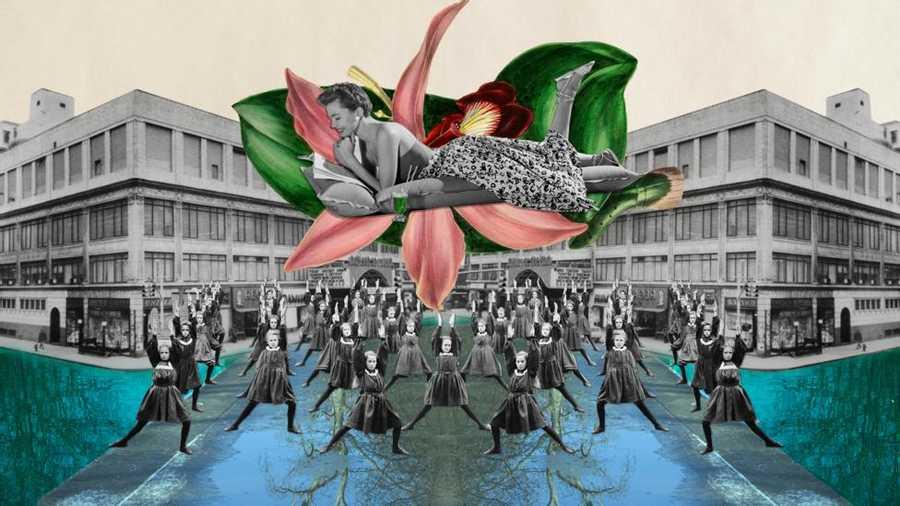Understand the future
Many of us think of our past as a kind of a video library where we can look at records of our lives. If memories were fixed like videotapes, you would find it difficult to imagine a new situation.
It is our past memories that help us imagine a future, and to preview future events. This skill of using the past to predict the future helps us try out different hypothetical scenarios before we commit.
125
494 reads
CURATED FROM
IDEAS CURATED BY
The idea is part of this collection:
Learn more about personaldevelopment with this collection
The impact of opportunity cost on personal and professional life
Evaluating the benefits and drawbacks of different choices
Understanding the concept of opportunity cost
Related collections
Similar ideas to Understand the future
Evolutionary upside
Our biological evolution hasn’t just hindered us from addressing the challenge of climate change. It’s also equipped us with capacities to overcome them: we can recall past events and anticipate future scenarios. We can imagine and predict multiple, complex outcomes and identify actions needed in...
The benefits of our faulty memory
The limits of our memory serve us well in many respects.
- Limited memories are useful trade-off to allow us to function and survive. We have thousands of memories, for example, of tables. If we recall all the events related to a table, it will create mass confusion w...
The optimistic bias toward the future
There’s an extreme positivity bias toward the future: we think that future events are more important to our identity than the past events.
But we have to temper our expectations and keep in mind that no matter the degree in which we can dream up detailed scenes of things yet to come,
Read & Learn
20x Faster
without
deepstash
with
deepstash
with
deepstash
Personalized microlearning
—
100+ Learning Journeys
—
Access to 200,000+ ideas
—
Access to the mobile app
—
Unlimited idea saving
—
—
Unlimited history
—
—
Unlimited listening to ideas
—
—
Downloading & offline access
—
—
Supercharge your mind with one idea per day
Enter your email and spend 1 minute every day to learn something new.
I agree to receive email updates
